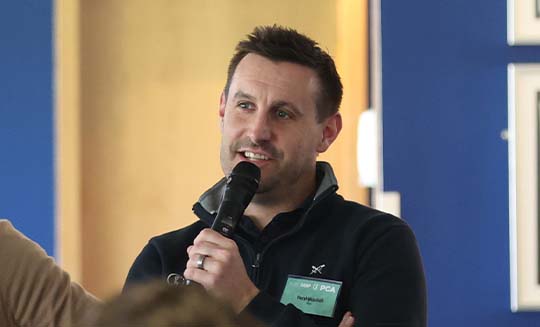Government Tighten Access To Professional Sport For Non-Europeans – 14/02/2005 There is good news at last in the fight to stem the flow of non-England qualified players into English cricket. The Government announced on Wednesday that, with immediate effect, the Working Holiday Maker Scheme available to young people from Commonwealth countries would no longer be able to be used to play professional sport in Britain. For many years young holiday makers from Commonwealth countries have been able to apply for a special visa that allowed them to work legally in Britain for two years whilst travelling. Since August 2003, relaxation of the visa scheme rules meant that ” holiday makers” could play professional sport under these visas. This relaxation was not discussed with sports’ governing bodies and no-one in Government seemed to anticipate the effect it would have on a number of sports. Unfortunately for cricket and some other sports like rugby union, the Commonwealth countries with young people eligible for these visas are also countries with Association agreements with the European Union – ” Kolpak” countries – and countries strong in cricket, but weak economically. The scheme inadvertently allowed professional cricketers from South Africa and the West Indies very easy access to our game already threatened by many players with EU passports or from other ” Kolpak” countries. The government’s decision to scrap the scheme for professional sports now means that potential ” Kolpak” players need a work permit just like an overseas professional before they can play here. A work permit is much harder to get than a Working Holiday Makers Visa used to be. The Government’s decision, whilst most welcome, will not solve the problem of a potential imbalance of non-England qualified players in English cricket, but it will definitely help stem the flow and exclude those players not good enough to qualify for a work permit. Richard Bevan, Group Chief Executive of the PCA commented, ” This is the first good news for many years in the fight to keep the England team strong and secure in its future. This is evidence that Governing Bodies and Players Associations working together can change things for the good.” ” In particular, the ECB and PCA have lobbied government strongly to get this regulation changed because it is in the best interests of our game. The IPS (Institute of Professional Sports) and CCPR (Central Council of Physical Recreation) have worked hard and this turnaround by Government is a triumph for all professional sport.”
By completing this form you consent to receive updates and promotions. Unsubscribe anytime. See our Privacy Policy for details.






